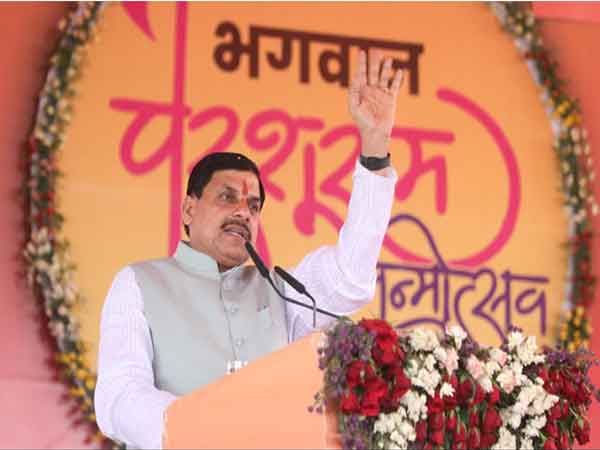Joint Parliamentary Committee meeting on 'One Nation, One Election' to be held on January 8
Dec 24, 2024

New Delhi [India], December 24 : The Joint Parliamentary Committee (JPC) meeting on 'One Nation, One Election' will be held on January 8, next year.
Congress leader Salman Khurshid said on Tuesday that it is not an easy task to conduct a 'One Nation One Election' and that the Joint Parliamentary Committee will discuss all issues.
"It is not an easy task. When the parliamentary committee sits, all the issues will be placed before it and will be discussed," Khurshid told ANI.
Left parties have strongly opposed the 'One Nation, One Election' move of the government, for which two bills have been introduced in Lok Sabha, and said it is a direct assault on the federal structure and the rights of state legislatures.
Leaders of the Communist Party of India, Communist Party of India (Marxist), Communist Party of India (Marxist-Leninist) Liberation, Revolutionary Socialist Party and All India Forward Bloc met in the national capital on Sunday and discussed the current political situation.
"The proposed amendments to the Constitution are a direct assault on the federal structure and the rights of State legislatures and the people who elect them. It is a recipe for centralization and truncating the will of the people by arbitrary reduction of the five-year term of legislatures" the Left parties said in a joint statement.
The bill, introduced in the Lok Sabha, proposes simultaneous elections to the Lok Sabha and state assemblies across India. It has been sent to the Joint Parliamentary Committee to have a deep discussion on the bill.
The 31-member Joint Parliamentary Committee to examine the 'One Nation, One Election' Bill comprises 21 members from Lok Sabha including Congress leaders Priyanka Gandhi Vadra and Manish Tewari, NCP's Supriya Sule, TMC's Kalyan Banerjee and BJP's PP Chaudhary, Bansuri Swaraj and Anurag Singh Thakur.
Ten members from Rajya Sabha are also included in the panel.
Opposition members have opposed the amendments, and have argued that the proposed change could disproportionately benefit the ruling party, giving it undue influence over the electoral process in states, and undermining the autonomy of regional parties.

















